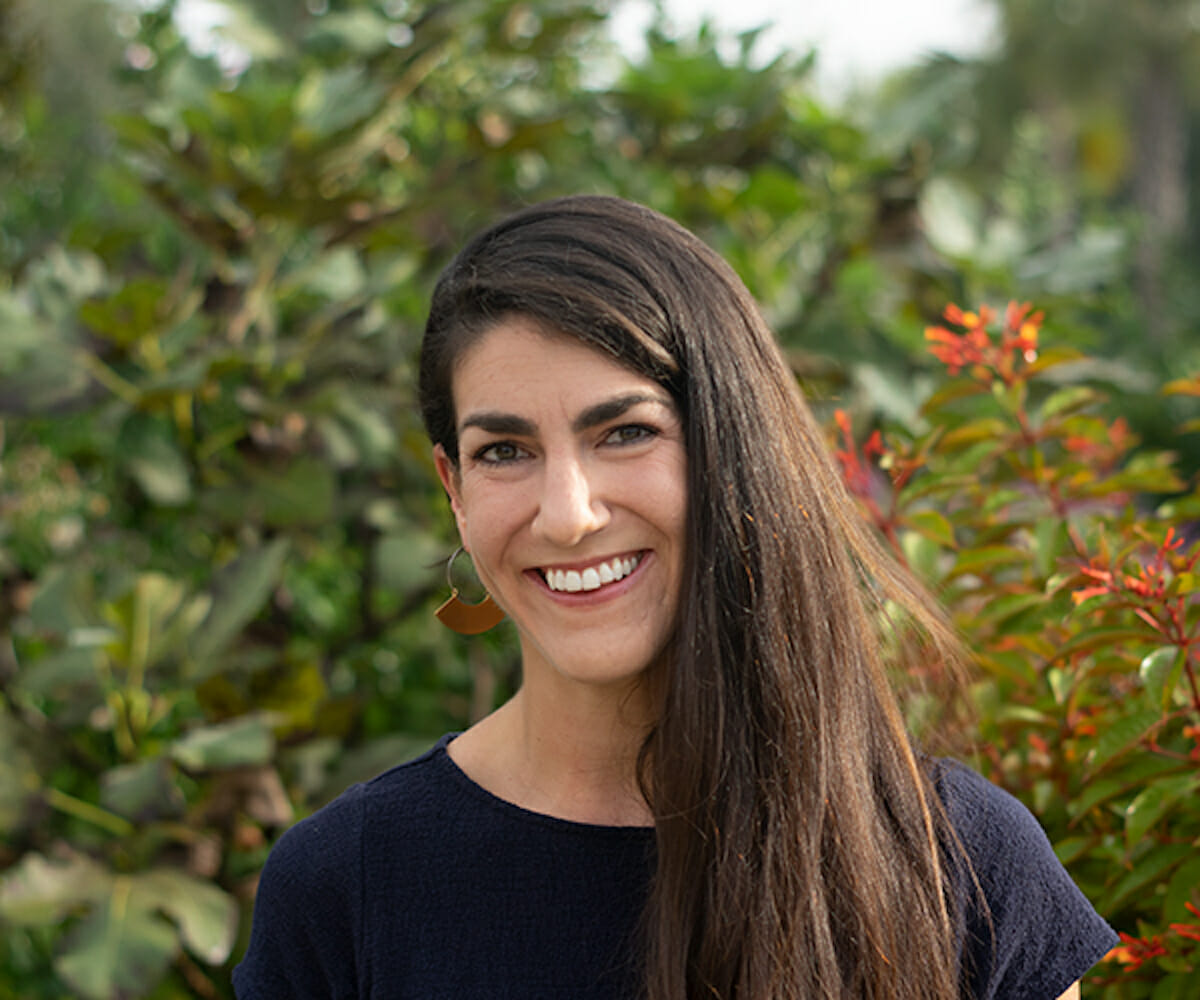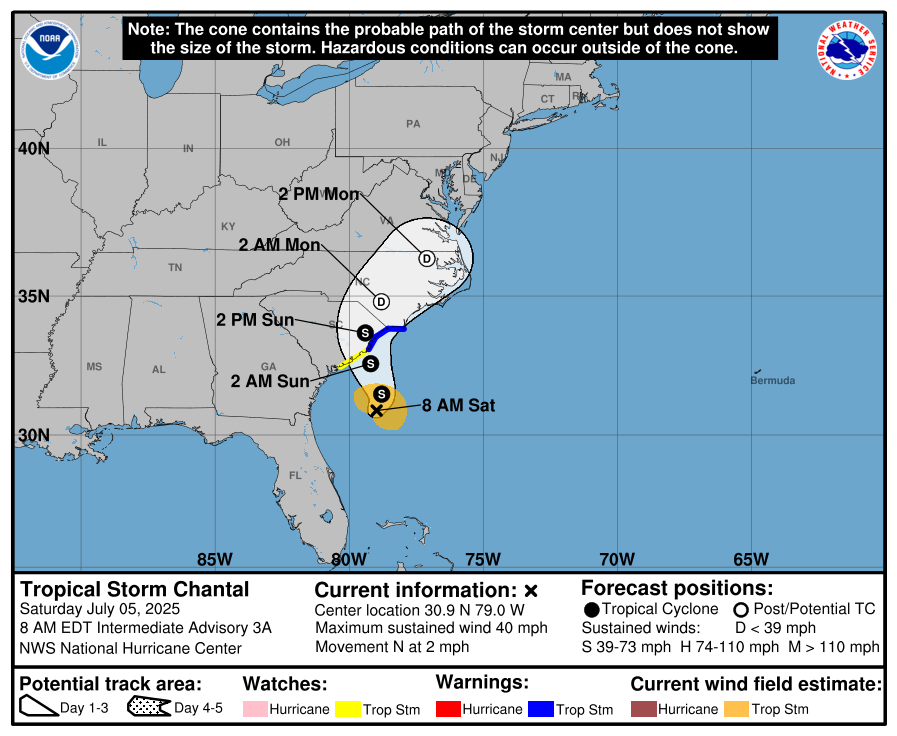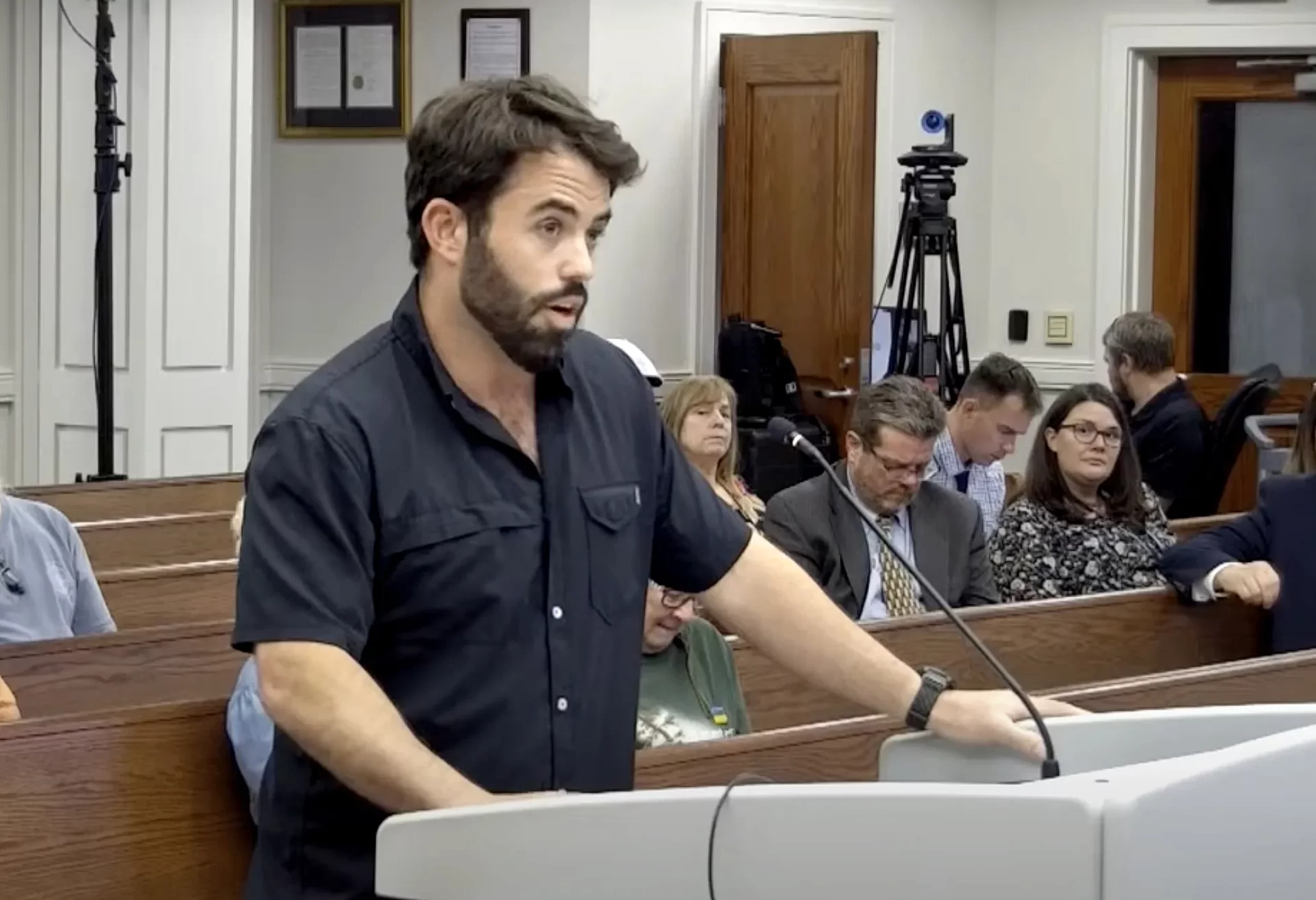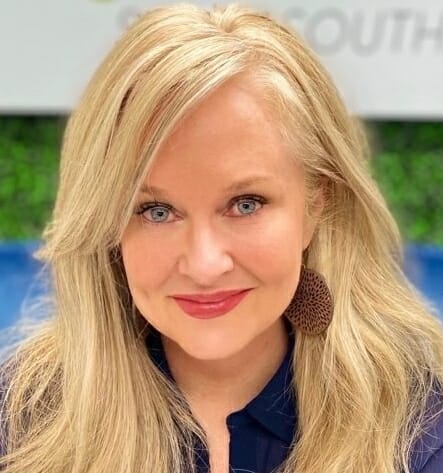Things are getting busier, and wetter, in the coastal plain of South Carolina. Sea levels are rising, and our tides are getting higher. At the same time, new residents are pouring into the Lowcountry. That means flooding is increasing and there are more buildings to flood. And it’s only going to get worse.
Our coast is feeling the squeeze. Neither the flow of people nor the flow of water is going to let up anytime soon. We have to act now to prevent future flooding and to shore up our properties and landscapes so they can withstand stronger and wetter storms and hurricanes.
Beaufort County Council is considering two new ordinances that would make a big difference in future flooding. The Coastal Conservation League supports them, and we hope you will support them, too. We are encouraged that council’s Natural Resources Committee endorsed both of them last week.
The first would limit developers’ ability to bring in dirt to fill in and develop low-lying areas. It’s a no-brainer.
When you fill in the low areas, where water flows during heavy rains, the water will go somewhere else. Most of the time, that means onto a neighbor’s property. And such practices often encourage clear-cutting trees on the to-be-developed property, and sand mining in other areas to get the needed dirt.
This ordinance doesn’t prevent landowners from developing their properties. It simply encourages them to maintain the natural drainage patterns of the site by using other methods, such as pilings, to raise buildings higher.
The second ordinance is the Coastal Resilience Overlay. Don’t worry, it’s not as wonky and technical as it sounds. It simply means that when someone is selling a property, he or she must disclose if it is in the floodplain, which means it is likely to experience more flooding caused by rising seas, stronger storms, and more intense rain events over the next 30 years.
Let’s face it, our days of densely developing in the floodplain must end. The Lowcountry was a fragile and fluid environment before any of us arrived here. Now it’s saturated with both water and people. We have to develop differently.
By 2040, Beaufort County will experience up to 7 inches in sea level rise. By 2100, we could see 60 inches. And trends are pointing toward an exponential increase in tide height, meaning it’s rising faster than scientists originally anticipated. We’re already experiencing higher and more frequent king tides, which cause a phenomenon called “sunny day flooding” and push our groundwater closer to the surface.
While we often feel overwhelmed by these problems, we are not powerless. Each of us can take action, and our policymakers can adopt measures to improve the longevity of our communities and maintain the quality of life we enjoy now. That’s what we call improving resilience. And that’s exactly what these two ordinances do.
And, it might help to know, we’re not alone. Norfolk, Va., adopted such measures in 2018. And closer to home, Charleston has a resilience office that is tasked with combating and adapting to climate change.
Even a major city, like Boston, has put policies in place to educate newcomers and improve resilience. Some communities have invested millions of dollars in buying back properties that are prone to flooding and building complicated infrastructure to adapt to higher tides and more intense rain events. Others have created zoning codes that are influenced by elevation. These are all ideas Beaufort County will want to consider in time. But for now, these ordinances provide a good starting point.
They give us the opportunity to thoughtfully approach our futures and adapt to changing times. If we don’t act, that opportunity will slip away. And we no longer know which opportunity will be our last.
Jessie White is the South Coast Office Director for the Coastal Conservation League.











